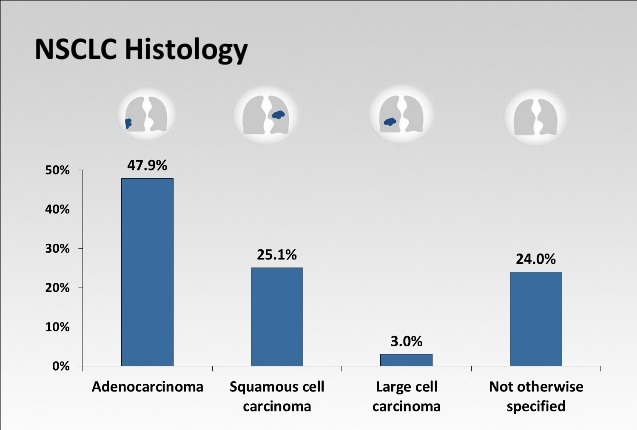
Bavarian Nordic A/S announced the initiation of a clinical trial combining its proprietary cancer immunotherapy candidate, CV301, with the anti-PD-1 drug, Opdivo (nivolumab) from Bristol-Myers Squibb. The study is enrolling patients with non-small cell lung cancer (NSCLC) who have failed prior therapy.
he trial will begin with a phase 1 safety component, enrolling up to 40 patients; the phase 2 portion of the study will enroll 120 patients who will be randomized to receive either nivolumab (monotherapy) or a combination of CV301 and nivolumab. The study will enroll patients from up to 20 clinical sites throughout the United States.
The rationale for this combination approach is for the vaccine to generate a tumor specific T cell response and allow the checkpoint inhibitor to maintain that immune effect by preventing the tumor from turning that response off.
While the primary endpoint of the study is overall survival, numerous secondary endpoints including response rate, progression free survival and duration of response will be evaluated and offer the potential for an early efficacy signal, prior to an overall survival endpoint.
“We are pleased to announce the initiation of this study, which marks the entry for Bavarian Nordic into lung cancer. While CV301 has shown the ability to generate immune responses to tumor-associated antigens in a variety of cancers, this study is the first seeking proof-of-concept for a promising combination approach and we look forward to the results as well as to advance CV301 as combination therapy in additional indications over the next years,” said Paul Chaplin, president & CEO of Bavarian Nordic.
CV301 is an immunotherapy candidate which is being developed under a CRADA with the National Cancer Institute (NCI).
CV301 targets two tumor-associated antigens, CEA and MUC-1, which are over-expressed in multiple solid tumors, including lung, bladder and colorectal cancer. Similar to Prostvac, CV301 uses a prime/boost dosing schedule. CV301 incorporates a modified version of vaccinia (MVA-BN, a proprietary technology of Bavarian Nordic) as a priming dose, followed by multiple fowlpox boosts, and encodes the Tricom costimulatory molecules.
A precursor version of CV301 has been tested in six NCI-sponsored clinical trials in various cancers, and a phase 2 study in bladder cancer is currently ongoing. More than 300 patients have been treated with the product candidate.
Marketed by Bristol-Myers Squibb, Opdivo is an immune checkpoint inhibitor (anti-PD-1 therapy) approved for treatment of patients with advanced NSCLC in the second line setting, among other indications. Opdivo has demonstrated superior overall survival across histologies, versus chemotherapy, in two pivotal phase 3 trials in patients with advanced NSCLC.
Bavarian nordic, combo, nivolumab, nsclc patients